Tag: Critical Thinking
What Your Kids (And Teams) Want to Learn
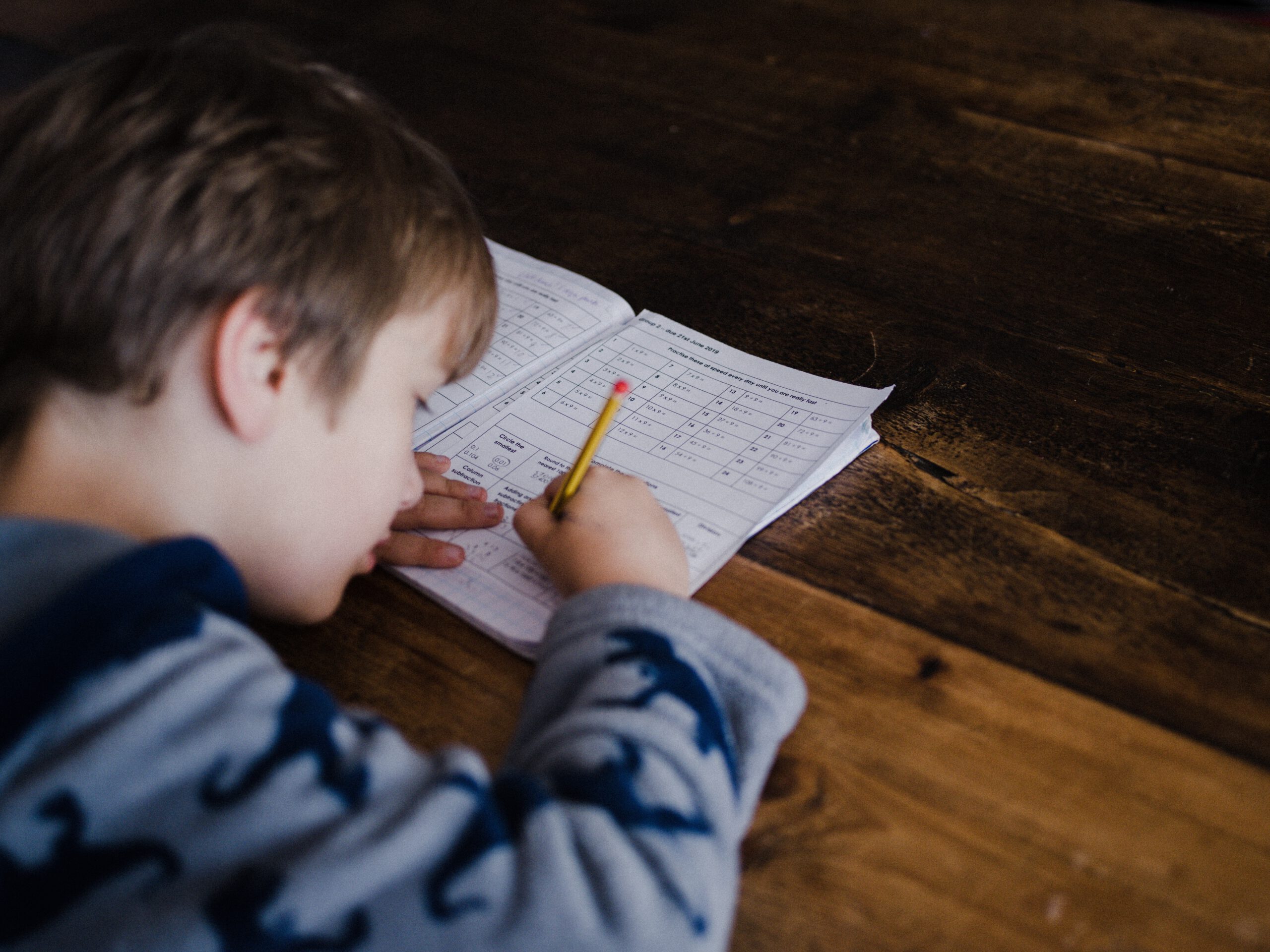
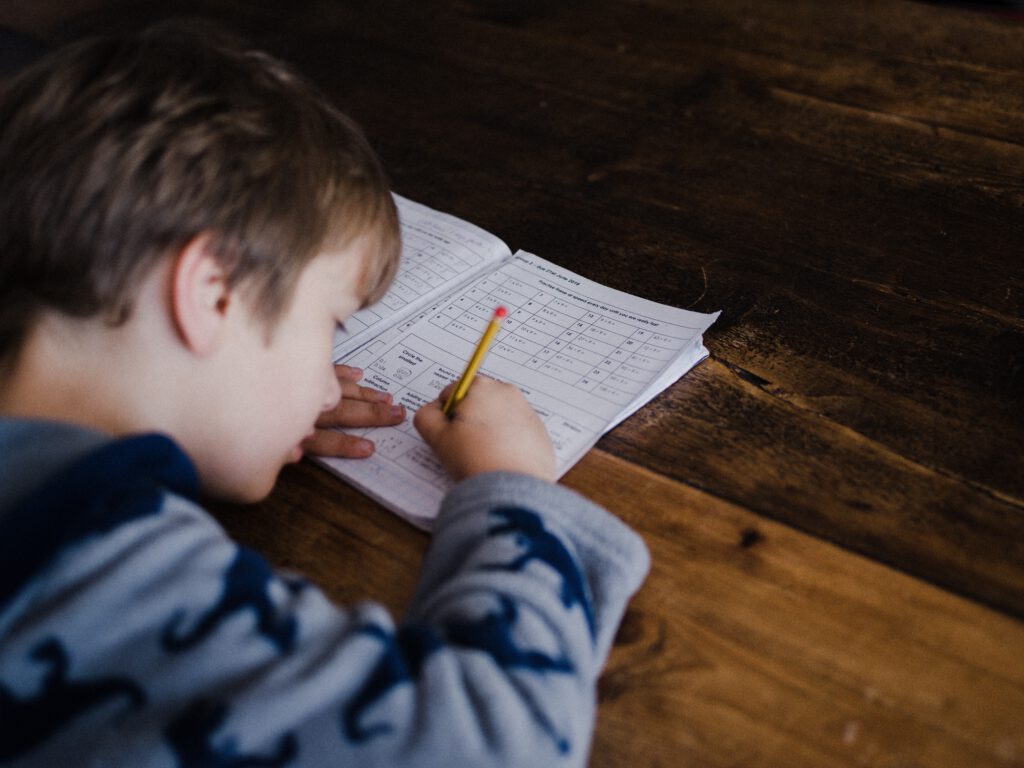
Photo by Annie Spratt on Unsplash
Last week my daughter, Irene, and I prepared for a test. Subject: Spanish. Topic: Types of nouns. As we review — personal and common; abstract and concrete; collective and individual — I wonder what is the purpose of a nine-year-old learning such things.
What do kids want to learn today so they’re ready for tomorrow?
My answers are inspired by what I see great companies doing with their teams.
1. Learn to identify the problem. Irene will quickly jump to answer a question with great enthusiasm. Her answers are creative, logical and related to the topic. Even so, sometimes she’s not answering what is asked but what she assumes the problem is. When a doctor messes up the diagnostic, the treatment might be great, but it is not going to fix the problem.
Learning to identify the problem is the most important skill.
2. Learn where to find answers: When I studied at the Pontifical Biblical Institute in Rome, teachers often asked us to get resources from the library. I knew Anthony and Manoj would go, so I’d wait and make photocopies the next day. This went on for four years. When the time came to do my thesis, I was screwed. To do my research, I needed to go through floors and floors of library, hallways and dark corners. I was lost in a maze of books. Anthony and Manoj finished six months before me.
Kids and teams won’t find answers if they don’t know where to look.
3. Learn to enjoy the process: Growing up in Canada, Mom never told me to do my homework. Teacher sent us stuff to do, yes, but it was always cool and fun. Because it’s impossible to keep up with the amount of knowledge produced…
Either you like learning or you’re in for a long ride of unpleasant experiences.
The present and the future are looking for people who know how to identify problems, and to navigate the seas of knowledge while enjoying the process. How do your kids and teams deal with learning to learn?
Wisdom for Teams #28
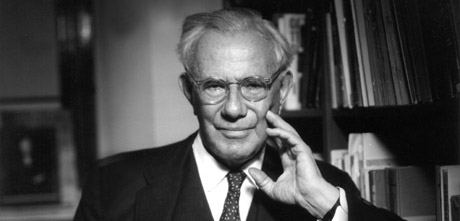

—
The passion for truth is silenced by answers which have the weight of undisputed authority.
—
PAUL TILLICH (1886 – 1965), German-American existentialist philosopher and theologian, widely regarded as one of the most influential theologians of the twentieth century.
How Certain Are You of What Is True?


Photo by Thomas Bormans on Unsplash
When I first entered the seminary to become a priest, I never missed morning prayer. I believed that if you were not sick, there was no excuse not to show up. After all, we had a wake up call every morning, and we could always ask a buddy to knock on our room door to wake us up.
So I believed if you missed morning prayer, you should be expelled from the seminary. I believed this to be true.
Three years later, I would occasionally miss morning prayer. I now believed that everyone went through phases. So missing morning was no reason to expel a student. I believed this to be true.
Two drastically opposite ideas of the truth with one thing in common: At the time, there was no doubt in my mind. I firmly believed them to be true. Now, at 45, I wonder how in time I might come to believe the opposite of what seems today to be true.
What shall we make of this?
Wisdom for Teams #18


—
“It is the mark of an educated mind to be able to entertain a thought without accepting it.”
—
ARISTOTLE (384–322 BCE), Greek philosopher during the Classical period in Ancient Greece.
My Wish For You


—
Yesterday on a news panel on how to celebrate Christmas, one of the commentators asked: Celebrate what? He then proceeded to argue there is nothing to celebrate this year. It’s been a shitty year, and Christmas is miles away from what it would typically be, but…
—
Do you really have nothing to be thankful for?
Is there nothing in your life worth raising a glass?
—
My past few Christmases haven be awful. Last year was cool because we were in Mexico with family. But the previous year, six days before Christmas I broke my collarbone, and the one before that I had a terrible, terrible argument on Christmas Eve.
I had little or no say in these events. But this year, I have a choice because we have all known for months that things would be different. I get to choose what to focus on:
—
Will I count my blessings or my problems?
—
This is not about my subjective opinion in seeing the glass half full in my life. Instead it is about objectively noticing that I have a glass to begin with. Christmas this year will be spent with my daughter, Irene, and with luck, a few true friends. This is blessing enough for me — other than the fact that there will be plenty of red wine and, hopefully, sense of humor.
My wish for you is that you may be inspired to notice some of the blessings in your life, so as to savor Christmas Day with a profound sense of meaning. Merry Christmas!
Wisdom for Teams #9
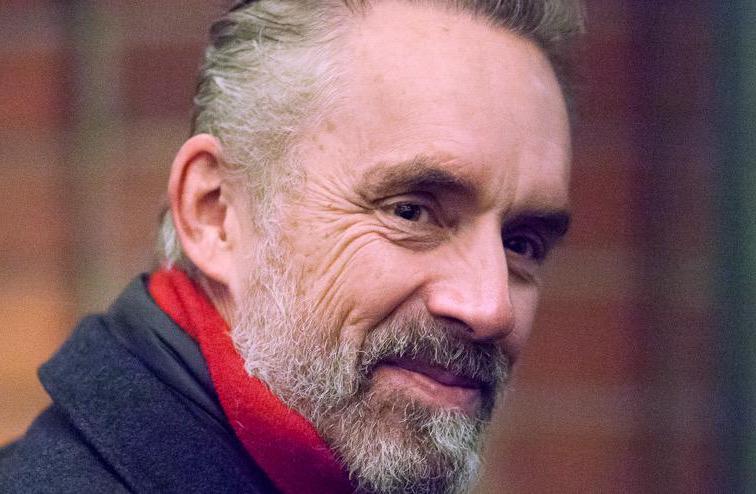

—
“Assume ignorance before malevolence.”
—
JORDAN PETERSON (1962), Canadian clinical psychologist and a professor of psychology at the University of Toronto, author of the #1 International Bestseller 12 Rules For Life: An Antidote to Chaos.
How to Use Your Problems to Feel Grateful
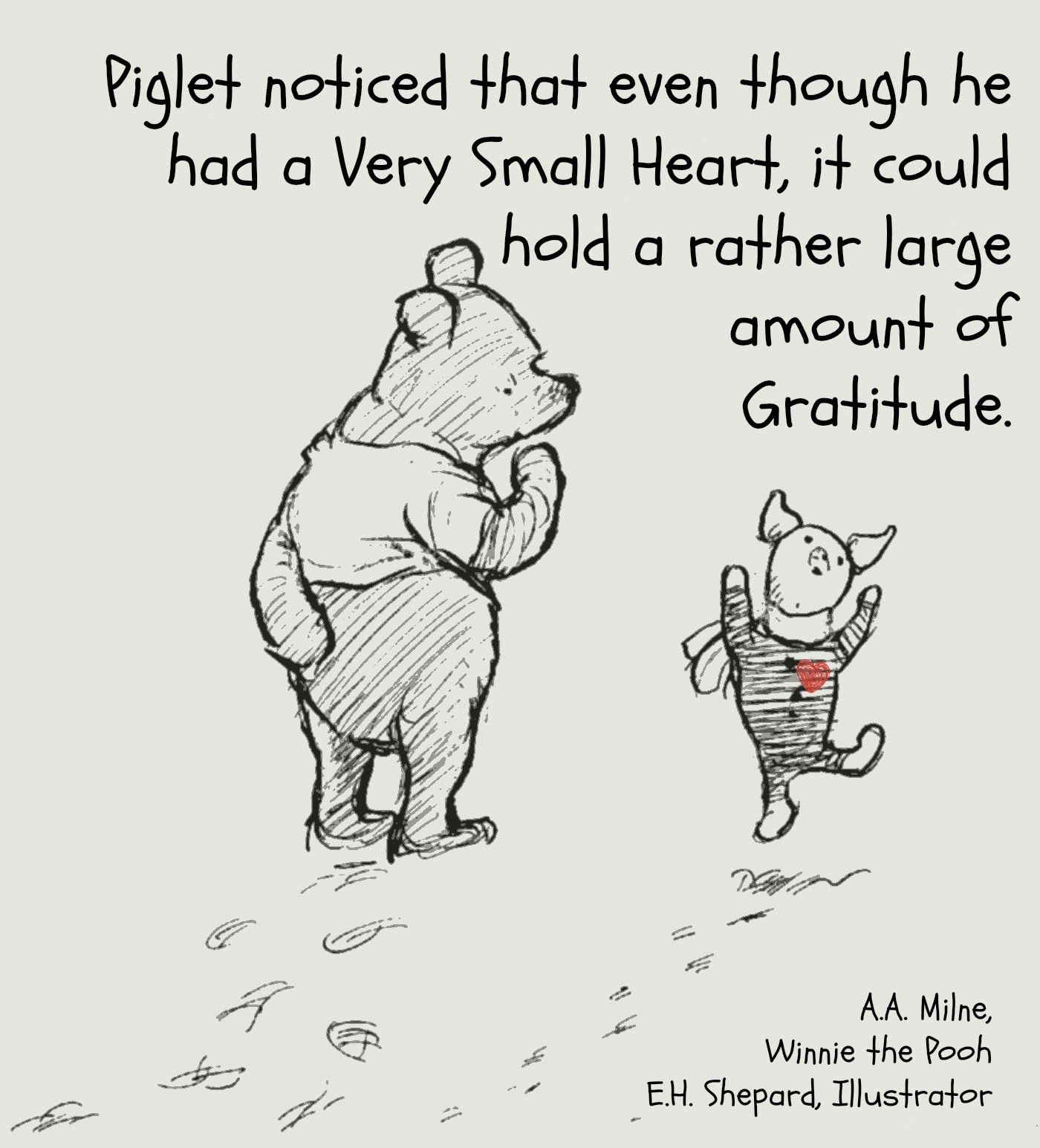
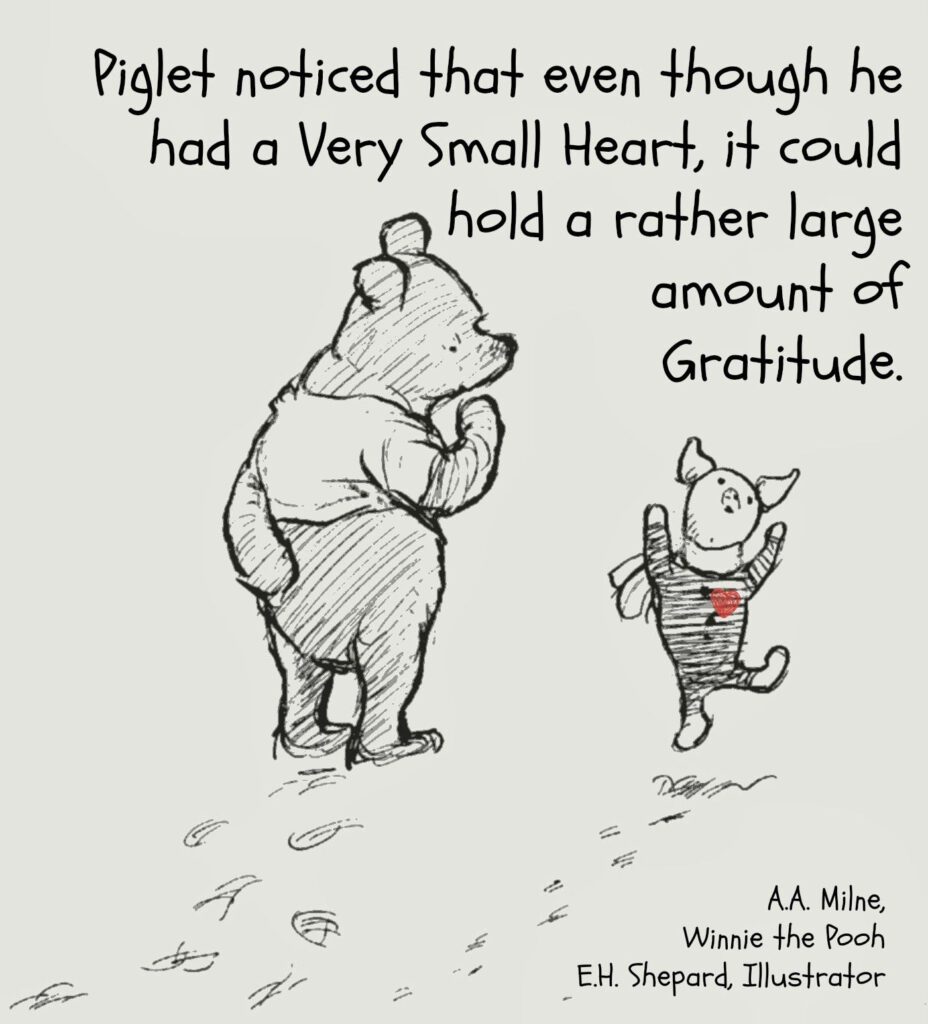
—
Gratitude is powerful because it is virtually impossible to be in a bad emotional place and feel grateful. When we’re grateful we don’t feel angry or fearful or anxious or depressed.
However, it is sometimes hard to summon up the past experiences we are grateful for, or we struggle to remember that we’ve been through worse. In these cases, we can use the present to get into a state of gratitude.
—
1. Comparison: This can get SO much worse
Acknowledging that things can get much worse, that there are many people much worse off will blow away the clouds of our shortsightedness of the negative to let the sun of gratitude shine on all the other things we do enjoy in our lives.
—
2. Perspective: This will make me grateful in the future
Another way to use the present to feel grateful when we are going through a tough time is to bring to mind that my difficult present will become a memory I will be able to use to feel grateful for in the future. Strangely enough, this allows us to feel grateful today because it will be a source of gratefulness in the future.
—
Love the good and the bad of the past
Love the good and the bad of the present
For it is this love what makes for a better future
Wisdom for Teams #4
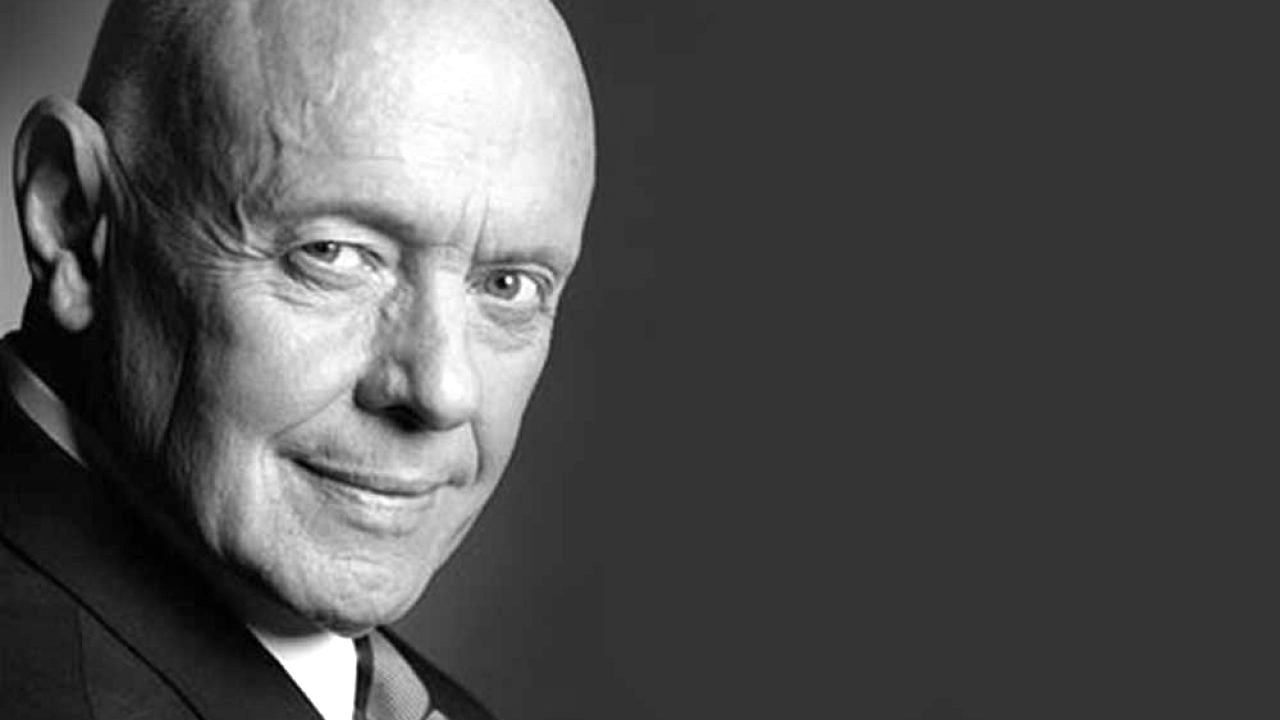
“The problem is not the problem.
The way we see the problem is the problem.”
STEPHEN COVEY (1932-2012), author of The Seven Habits of Highly Effective People
—

Wisdom for Teams #3

“The person is not the problem.
The problem is the problem.”
MICHAEL WHITE (1948–2008), Australian social worker and family therapist, founder of Narrative Therapy
—

The Golden Rule is Making the World Worse
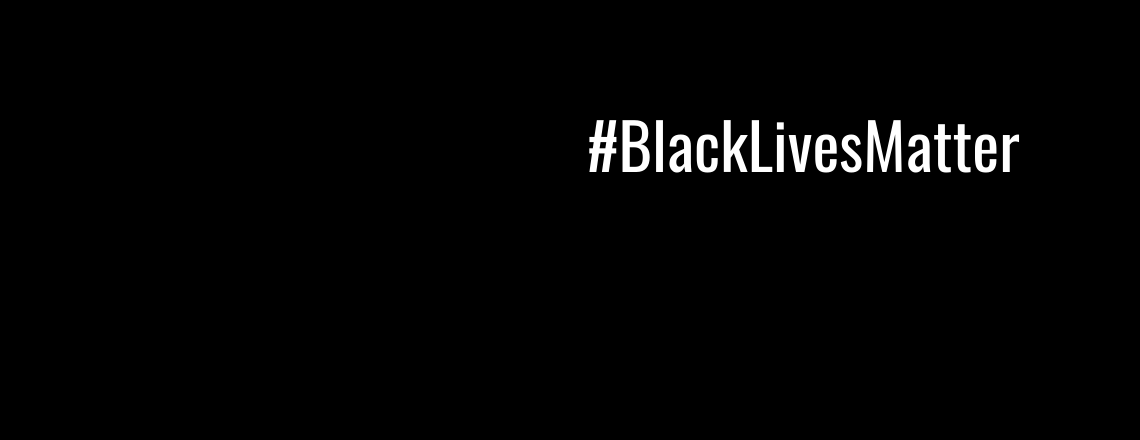
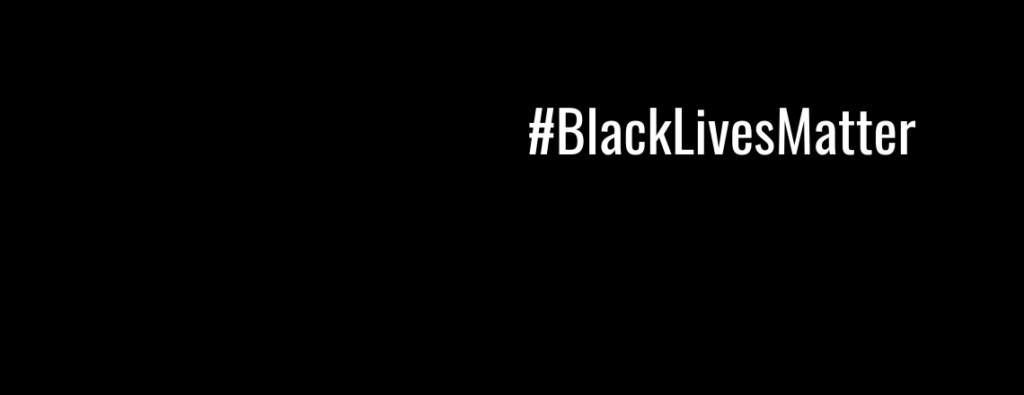
—
The Golden Rule — treat others as you would like others to treat you — is well intentioned in that it asks us to extend fairness and respect to others. But the outcomes are not necessarily good.
—
The problem is that it is based on a fundamentally flawed assumption.
—
The assumption that you want what I want, that fairness and respect mean for you what they mean for me. And this is rarely true. This is particularly relevant given the evils caused by the racism and the violence we’re seeing these days.
It is so easy to fall into the trap of assuming my way is the right way, and then to treat others as I think I should, without taking into account what they want. This is dangerous because it can make them feel disrespected and I might end up resenting the fact that they are being unappreciative of my efforts.
And we don’t have to go halfway across the world to make a difference. This applies to how we treat people at work, at home, on the streets, and in social media. Lest we come across as jerks, we want to be careful NOT to treat others like we would like them to treat us, unless we’re sure that is what they really want.
—
Never assume you know what others want. The alternative is to practice empathy.
—
The golden art of putting ourselves in their shoes to figure out how they would like to be treated. And we will probably be surprised by how much that can differ from what we expected to be appropriate.
If we are going to build a more fair, generous and compassionate world, we’re going to need a better rule. Here’s an iteration:
—
THE GOLDEN RULE 2.0
Treat others as THEY would like to be treated.
—
#BlackLivesMatter

